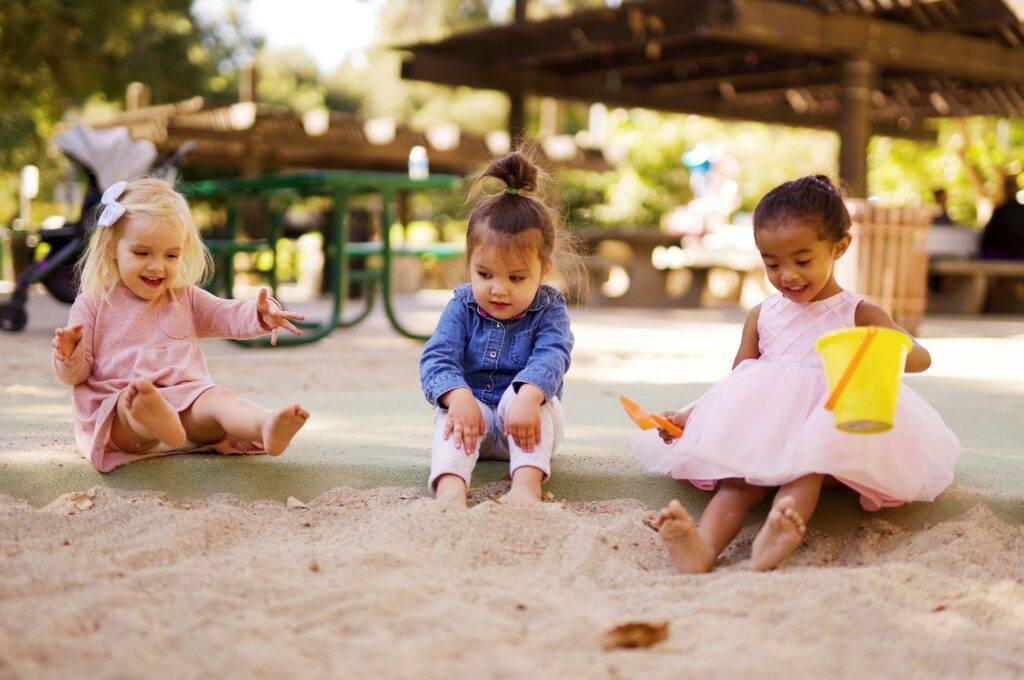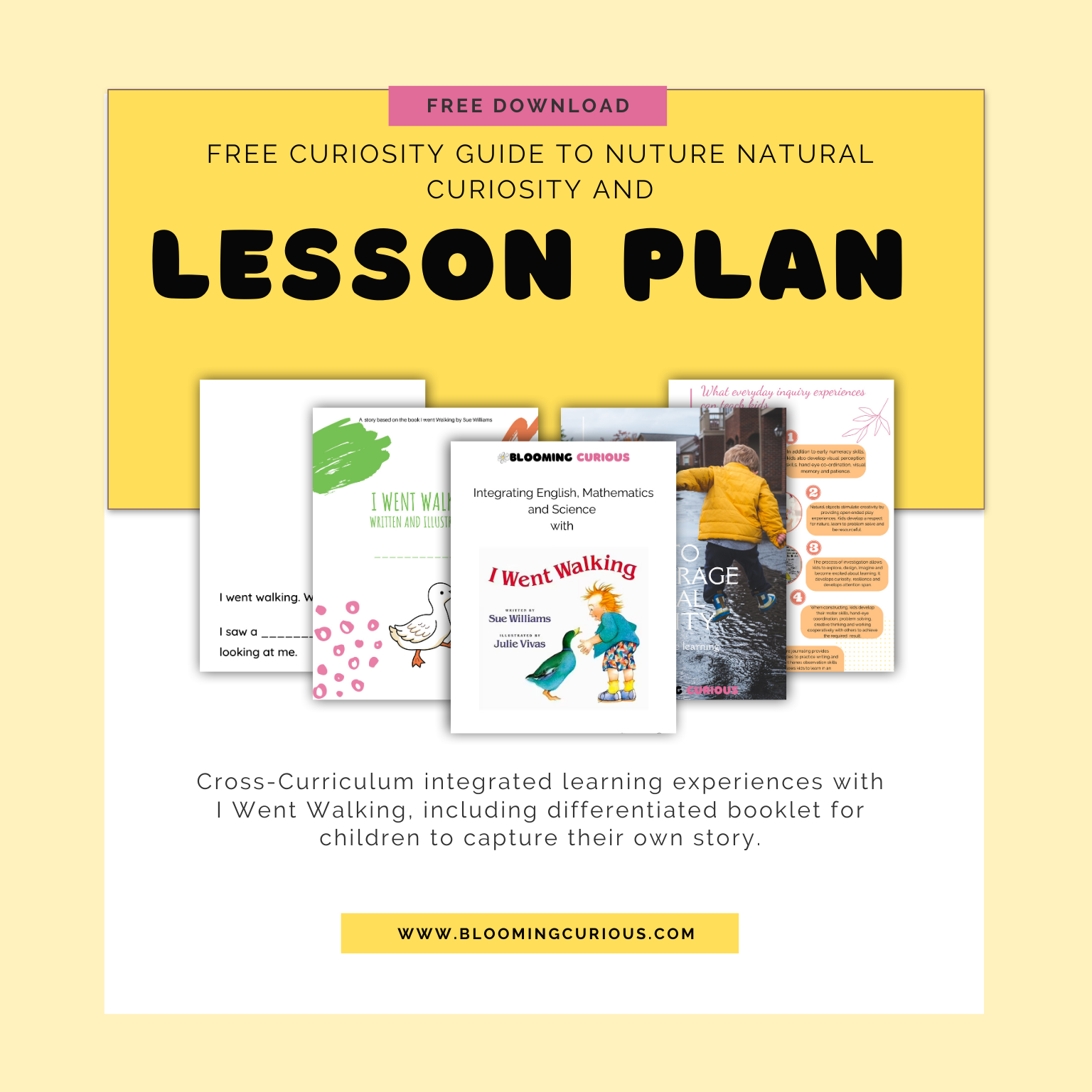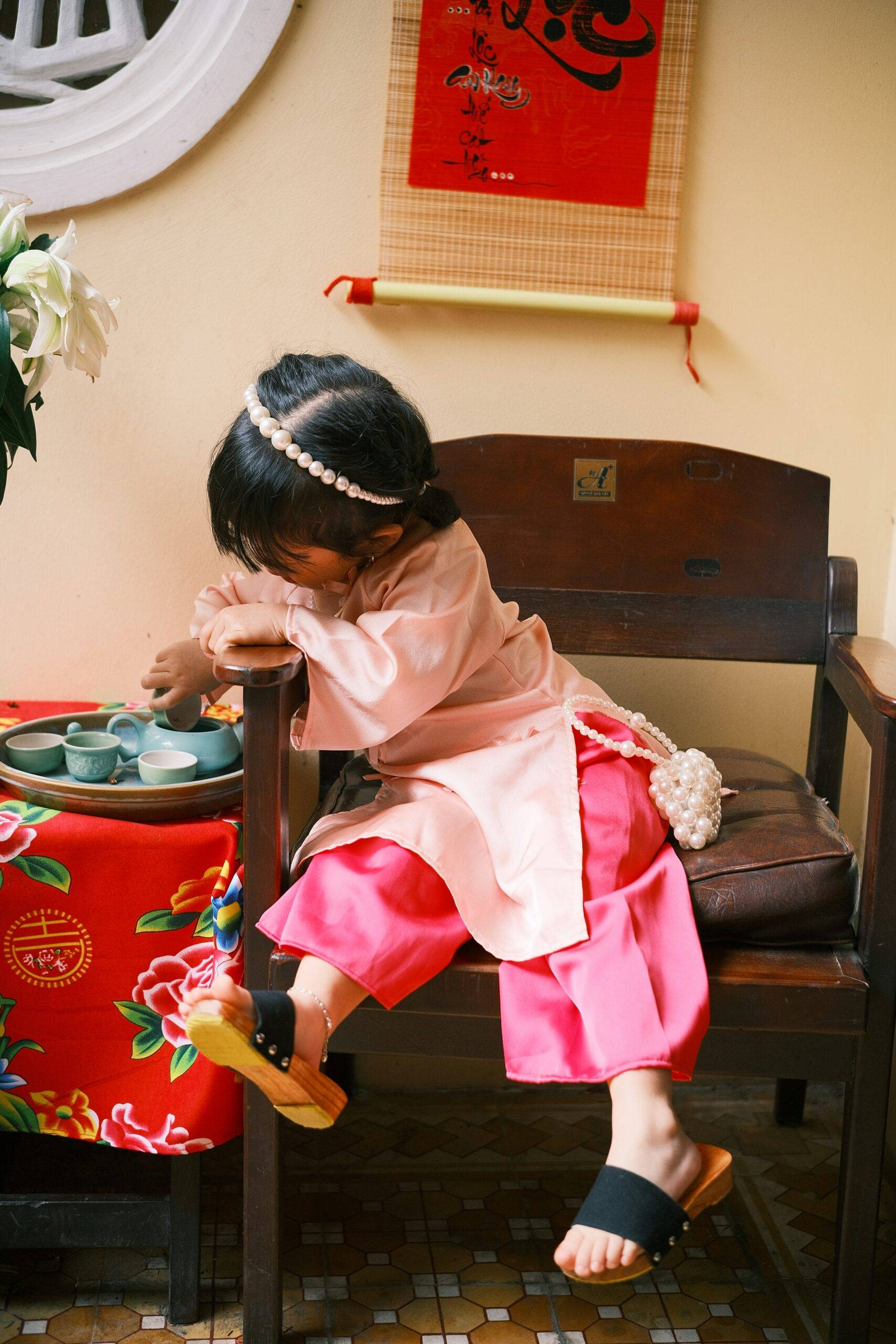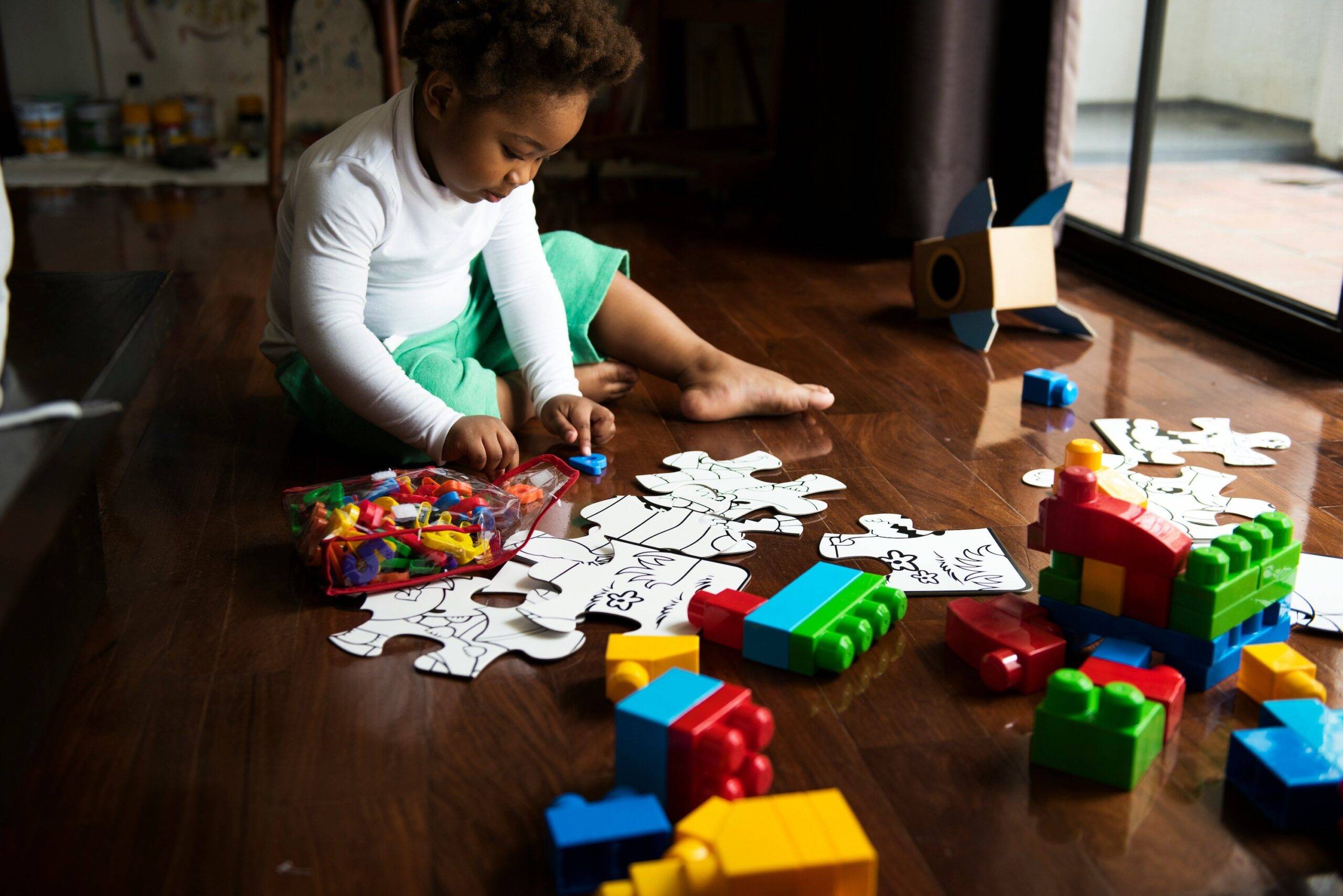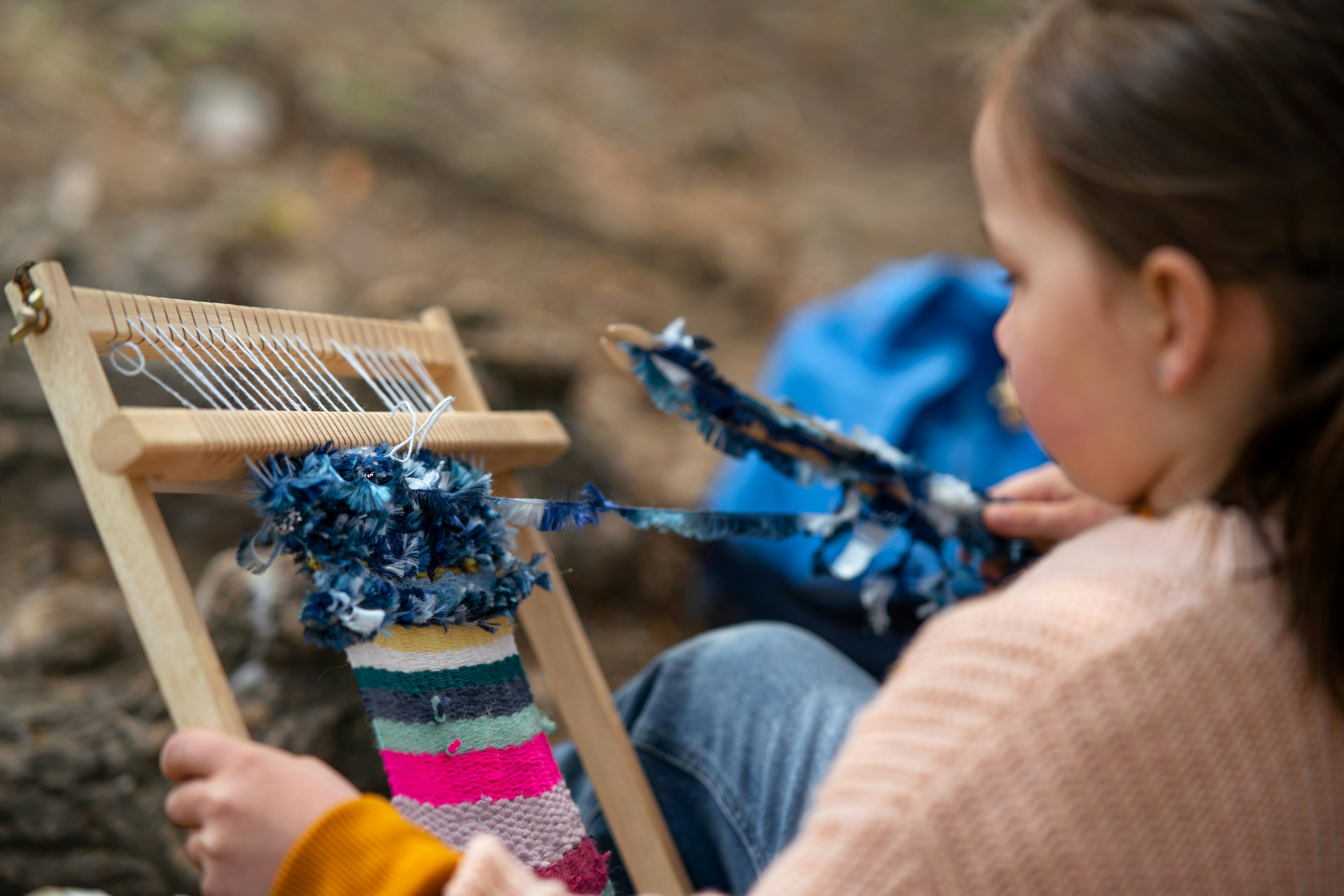Some of the links below may be affiliate links. This means that, at zero cost to you, I will earn an affiliate commission if you click through the link and finalise a purchase. All product recommendations are products that I have used and loved, or products that I would recommend based on experience.
Play is a fundamental aspect of childhood that holds profound implications for children’s social, emotional, physical, and cognitive development. Listen to episode 16 of the Blooming Curious podcast as I discuss play and its role in children’s development and in education.
In episode 71 I chat to Sally Haughey of Wunderled all about the transformative power of play. Don’t miss out on this very no fluff episode!
The Impact of play: Insights from Research
Numerous studies and research findings, underscore the immense benefits of play in shaping children’s lives. One noteworthy investigation, led by psychiatrist Dr. Stuart Brown in 1966, shed light on the connection between play deprivation and certain violent behaviours. In his study, Dr. Brown found a common thread among individuals involved in violent incidents – they were all deprived of play during their childhoods. While play deprivation wasn’t the sole cause of their actions, it undoubtedly influenced their developmental trajectories.
Dr. Brown emphasises, “The presence or absence of play, particularly in child development, has a great deal to do with competency, resiliency, emotional health, [and] brain size.” Play isn’t merely a frivolous pastime; it’s an inherent aspect of human nature with profound implications for holistic development. Find out more here https://hechingerreport.org/want-resilient-and-well-adjusted-kids-let-them-play/
Challenges and Opportunities in Education
As early childhood educators, we are well-versed in the transformative power of play. However, despite our collective understanding of its importance, educational institutions often fall short in providing the necessary opportunities for play. Bureaucratic pressures, such as standardised testing and prioritising face-to-face teaching time, often overshadow the critical need for unstructured play in children’s lives.
Current Trends and Concerns
The statistics surrounding children’s play habits are indeed staggering. A poll conducted by The Royal Children’s Hospital in Melbourne revealed that while 94% of parents acknowledge the importance of play in their children’s development, only 45% of children engage in outdoor play on most days. Furthermore, digital play has become alarmingly prevalent, with 54% of children spending time on electronic devices, posing significant concerns about the diminishing role of unstructured outdoor play. This statistic I believe poses challenges to holistic child development. Read the report herehttps://rchpoll.org.au/wp-content/uploads/2023/02/NCHP28-Poll-report-A4_FA.pdf
Embracing risky play and fostering resilience
Play is, without a doubt, the most potent form of learning for children, particularly in the early years. Through play, children not only hone essential skills such as language, problem-solving, collaboration, and critical thinking but also unleash their creativity and imagination. Moreover, play fosters social skills, resilience, and emotional expression, laying the foundation for healthy relationships and socially acceptable behaviour.
Yet, despite recognising play’s significance, we find ourselves grappling with societal aversion to risk, especially concerning children’s play. However, embracing managed risk is integral to children’s growth and development. By engaging in activities that involve reasonable risk, such as climbing, building forts, or using tools, children learn invaluable lessons in self-regulation, decision-making, and problem-solving.
In upcoming episodes and posts, we’ll delve deeper into these topics with esteemed guests, including nature pedagogist Dr. Claire Warden and Victoria Hackett from Outdoor Classrooms. Stay tuned for insightful discussions on strategies for enriching children’s play experiences and nurturing their innate curiosity and wonder.
Types of Play
Reflecting on your own cherished childhood memories, you’ll likely find that unstructured, spontaneous play holds a special place in your heart. Whether alone or with friends, play provided a space for boundless exploration, creativity, and joy—experiences that shape us in profound ways.
As educators and caregivers, it’s imperative that we provide opportunities for various types of play:
- Pretend Play or Imaginative Play: Encourage children to explore different roles and scenarios, fostering creativity and language development.
2. Structured Play: Introduce specific activities or games to teach targeted skills or concepts in a guided manner.
3. Unstructured Play: Embrace spontaneity and freedom, allowing children to invent their own games and rules using readily available materials.
4. Creative Play: Provide open-ended materials and encourage self-expression through art, music, and drama.
Rethinking the Future of Education
Ultimately, play is a child’s natural language—a gateway to learning, discovery, and self-expression. It’s our responsibility to advocate for play-based approaches in education, ensuring that children have the time and space to cultivate their innate curiosity, resilience, and joy.
As educators and policymakers, it’s essential to heed the evidence and prioritize children’s holistic development. Revisiting curricular structures, advocating for play-based pedagogies, and addressing systemic barriers are crucial steps towards a more equitable and effective educational landscape. By championing play as a cornerstone of learning, we empower children to thrive in an ever-changing world.
Conclusion: Paving the Way towards a Playful Future
The importance of play cannot be overstated! Play is not just something children (and adults) do for fun, it’s a fundamental aspect of human development.
By harnessing the power of play, we unlock a world of possibilities for children, nurturing their innate curiosity, creativity, and resilience. Let’s heed the words of Albert Einstein: “Insanity is doing the same thing over and over again and expecting different results.” It’s time to rethink our approach to education. Play is the fundamental right of every child, it enriches their lives and provides us all with a brighter future.
Children learn through play, and by creating learning experiences where children can learn in hands-on, playful ways we meet children where they are.
If you want a ready to go lesson plan that incorporates hands on learning across multiple subjects and makes learning fun, then click on the image above to get your free lesson plan for I Went Walking.
Sharing is caring! If any of this resonates with you or you find it interesting, then click one of those share buttons below.
